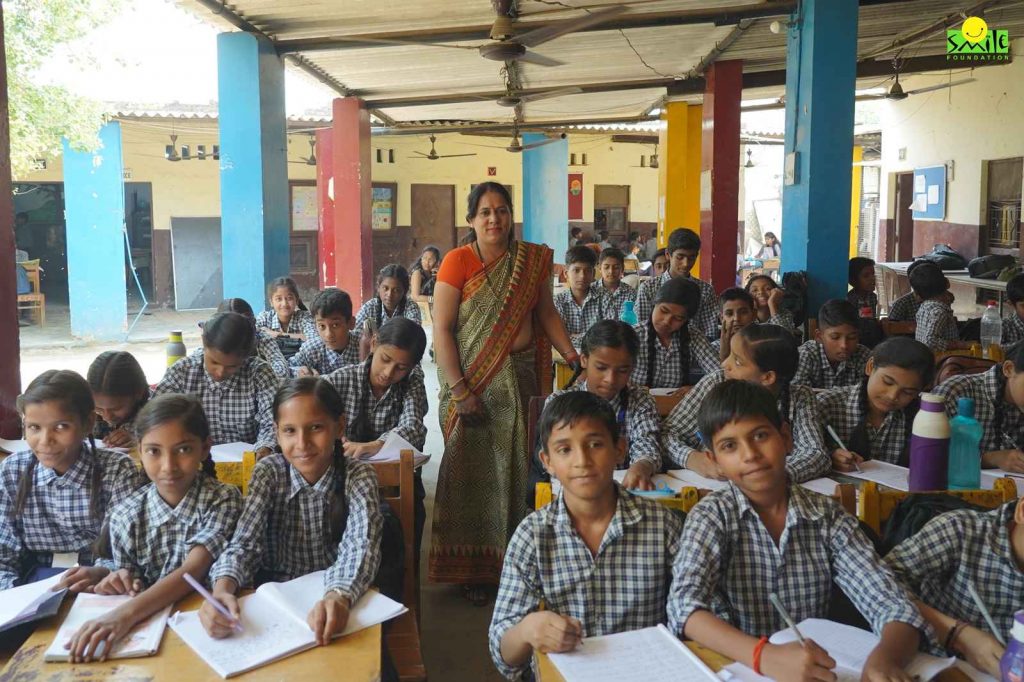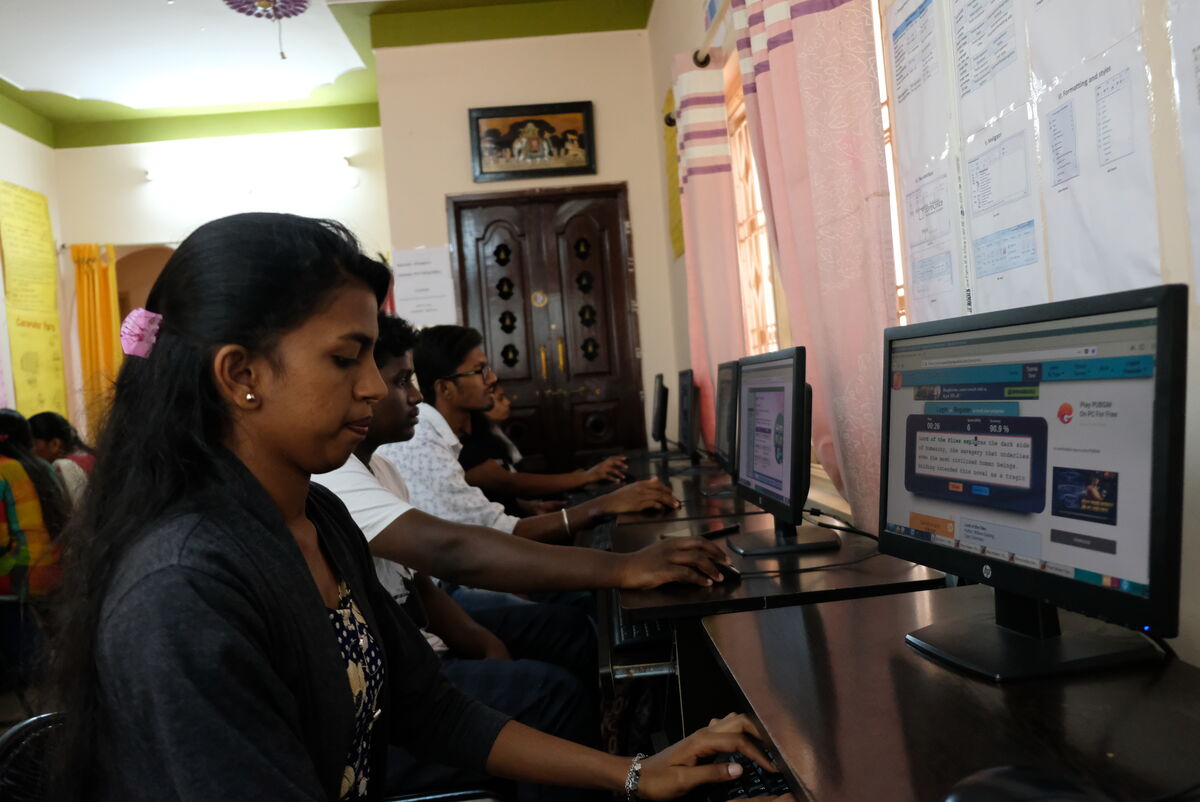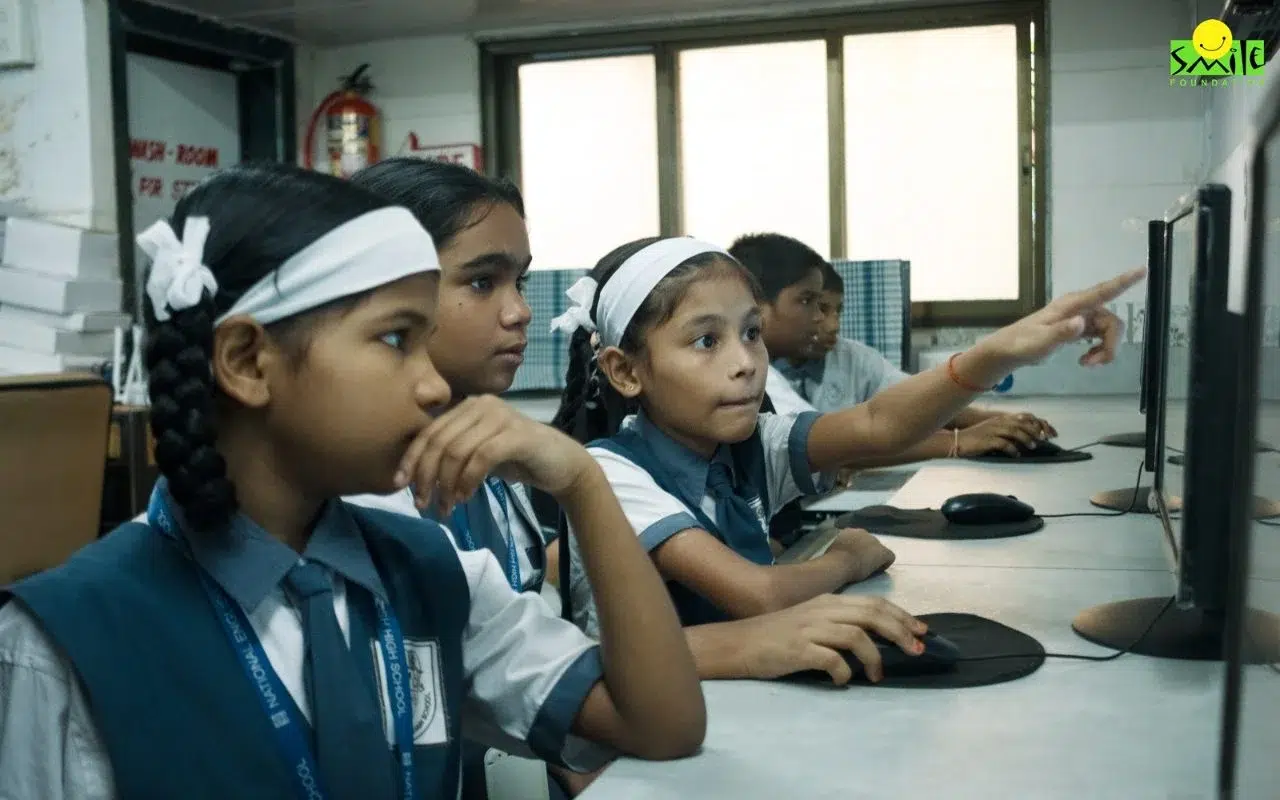In the world of global development, social entrepreneurs are emerging as important figures, merging entrepreneurial skills with a commitment to social change. These individuals play a crucial role in the last-mile delivery of welfare policies and schemes, especially in developing countries like India.
Last-mile delivery refers to the final step in the distribution process, ensuring that benefits reach the most remote and underserved populations. Social entrepreneurs are successfully bridging the gap in last-mile delivery, ensuring welfare schemes reach those who need them most.
The Challenges of Last-Mile Delivery
Delivering welfare schemes to the last mile is fraught with challenges. Geographic barriers, lack of infrastructure, bureaucratic hurdles and socio-economic factors often impede the effective distribution of benefits. In rural areas, poor road conditions and limited transportation options make it difficult for resources to reach the needy.
Additionally, a lack of awareness and education among beneficiaries about their entitlements can further hinder access. Traditional government mechanisms sometimes struggle to address these issues due to their rigidity and scale.
Role of Social Entrepreneurs
Social entrepreneurs are uniquely positioned to tackle these challenges due to their innovative approaches and deep understanding of local contexts. They leverage technology, community engagement and sustainable business models to ensure efficient delivery of welfare schemes.
Case Studies of Impact
1. Santanu Mishra
Santanu Mishra, co-founder of Smile Foundation, has been instrumental in creating and implementing educational, healthcare, women empowerment and livelihood initiatives that reach the last mile. His work emphasises empowering low-income communities through education and skill development.
By establishing community-based learning centers and mobile medical units and health camps etc., Mr. Mishra is supporting services accessible to those who are often overlooked by traditional welfare systems. Smile Foundation’s emphasis on community ownership and sustainable development models exemplifies the impact that dedicated social entrepreneurs can have on society.
2. Anshu Gupta
Anshu Gupta, the founder of Goonj, addresses urban and rural poverty through a unique model that recycles urban waste into valuable resources for rural communities. Goonj’s flagship initiative, “Cloth for Work,” involves rural communities in development activities like building infrastructure in exchange for urban discard material. This model not only addresses material needs but also empowers communities to lead their development projects. By transforming waste into a tool for rural upliftment, Anshu Gupta bypasses traditional delivery bottlenecks, ensuring resources reach those in need.
3. Aniket Doegar
Aniket Doegar, the founder of Haqdarshak, empowers citizens by making welfare schemes more accessible through a tech-driven platform. Haqdarshak provides a mobile application that helps people discover, apply for, and benefit from various government schemes and services. By training local women as Haqdarshaks or facilitators, Aniket ensures that information reaches even the most remote areas. This grassroots approach not only enhances the reach of welfare schemes but also creates local employment and builds a network of informed citizens.
4. Dr. Harish Hande
Dr. Harish Hande, the founder of SELCO India, is a pioneering social entrepreneur who has made significant strides in providing sustainable energy solutions to underserved communities. Recognising that energy access is crucial for improving livelihoods, Dr. Hande focuses on delivering solar energy solutions to rural areas.
By integrating financial mechanisms like microloans and working closely with local stakeholders, the organisation supports the poorest households so that they can afford and maintain solar power systems. This initiative not only brings light to homes but also powers education, health and economic activities, demonstrating how social entrepreneurship can drive holistic community development.
Innovative Approaches employed by Social Entrepreneurs
1. Leveraging Technology
Social entrepreneurs often employ technology to overcome logistical challenges. Mobile applications, SMS alerts and online platforms can disseminate information about welfare schemes, track applications and monitor deliveries. For instance, Digital Green uses video-based training to educate farmers on best practices, improving agricultural productivity and ensuring food security.
2. Community Engagement
Engaging local communities is essential for the success of last-mile delivery. Social entrepreneurs work closely with community leaders, local governments and beneficiaries to build trust and ensure that interventions are culturally sensitive and relevant. This participatory approach fosters a sense of ownership and sustainability.
3. Public-Private Partnerships
Social entrepreneurs frequently collaborate with government agencies and private sector partners to scale their impact. These partnerships can provide the necessary resources, expertise and networks to enhance the efficiency and reach of welfare schemes. For example, Nandan Nilekani’s EkStep Foundation collaborates with state governments to improve digital literacy through interactive learning platforms.
The Broader Impact
The work of social entrepreneurs extends beyond the immediate benefits of welfare schemes. By improving last-mile delivery, they contribute to broader developmental goals, such as poverty alleviation, gender equality and environmental sustainability. Their innovative models can inspire policy changes and encourage other stakeholders to adopt more effective approaches to welfare distribution.
1. Poverty Alleviation
By ensuring that welfare benefits reach the intended recipients, social entrepreneurs help lift communities out of poverty. Access to resources like clean energy, education and healthcare can significantly improve living standards and economic opportunities.
2. Gender Equality
Many social entrepreneurs prioritize women empowerment as part of their mission. By creating job opportunities, providing access to education, and involving women in decision-making processes, these individuals promote gender equality and enhance social cohesion.
3. Environmental Sustainability
Environmental sustainability is often a core component of social entrepreneurs’ models. Initiatives like Dr. Harish Hande’s SELCO India incorporate sustainable practices that not only address immediate needs but also contribute to long-term environmental conservation.
Conclusion
Through their work, they ensure that the benefits of welfare schemes reach those who need them most, driving social change and contributing to broader developmental goals. Supporting and scaling the impact of social entrepreneurs will be essential for creating inclusive and sustainable development pathways.









